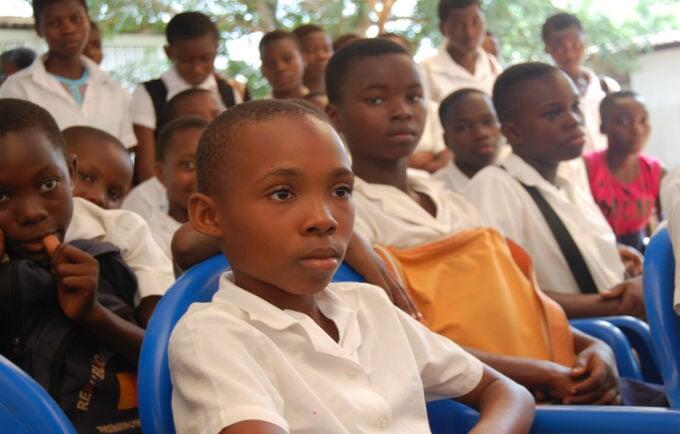Dakar, 20 October 2015- On 25 September 2015, 193 Member States of the United Nations unanimously adopted the sustainable development goals paving the way towards a world of equity and inclusion.
This new global program, together with other key regional initiatives already in place, such as the Agenda 2063 of the African Union, the Common African Position and the Post-2015 Development Agenda, recognize the importance of the demographic dividend as an effective tool to implement the sustainable development goals. The demographic dividend is the accelerated economic growth that may result when a country’s working age population grows larger than the non-working dependents.
The population of West Africa is young, with an average age of 18 years. It represents a potential in which leaders must invest now, particularly in health and education to enable young people and women to have decent jobs. The empowerment of this segment of the population, combined with the right policies, will provide the region the opportunity to reap a demographic dividend and benefit from the economic growth.
Religious and traditional leaders are considered the pillars of their communities. They contribute to positive changes in society, including facilitating access to education and health.
Thus, the Government of the Republic of Senegal together with UNFPA, is organizing a two-day consultation engaging religious leaders of the region to support and embark on enhancing youth empowerment within the context of the demographic dividend.
WHEN: 26-27 October 2015
WHERE: King Fahd Palace, Dakar, Senegal
HOSTS:
- UNFPA, the United Nations Population Fund;
- Ministry of Health and Social Action of Senegal.
WHO:
- Ministries of Health of the Economic Community Of West African States (ECOWAS) and Mauritania;
- Regional faith-based organizations;
- Secular civil society organisations dealing with reproductive health, family planning, gender and youth ;
- ECOWAS and regional institutions;
- African union;
- United Nations agencies and bilateral partners.
For more information, or to set up interviews with participants, please contact:
- MoH: Mr. Mamadou SOW, mob. : + 221 77 619 09 85, email : mamamsow@gmail.com
- UNFPA: Ms. Habibatou GOLOGO, mob. : + 221 77 740 09 56, emaill : gologo@unfpa.org


